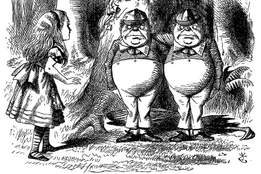con·crete
(ˌ)kän-ˈkrēt 


ˈkän-ˌkrēt,
kən-ˈkrēt 
1
: naming a real thing or class of things
the word poem is concrete, poetry is abstract
2
: formed by coalition of particles into one solid mass
3
a
: characterized by or belonging to immediate experience of actual things or events
b
: specific, particular
a concrete proposal
4
: relating to or made of concrete
a concrete wall
concretely
adverb
concreteness
noun
con·crete
ˈkän-ˌkrēt  kän-ˈkrēt
kän-ˈkrēt 
 kän-ˈkrēt
kän-ˈkrēt 
concreted; concreting
2
: to make actual or real : cause to take on the qualities of reality
3
: to cover with, form of, or set in concrete
The statues were concreted to the ground.
: to become concreted
con·crete
ˈkän-ˌkrēt 

(ˌ)kän-ˈkrēt
1
: a mass formed by concretion or coalescence of separate particles of matter in one body
2
: a hard strong building material made by mixing a cementing material (such as Portland cement) and a mineral aggregate (such as sand and gravel) with sufficient water to cause the cement to set and bind the entire mass
3
: a waxy essence of flowers prepared by extraction and evaporation and used in perfumery
Love words? Need even more definitions?
Merriam-Webster unabridged










Share